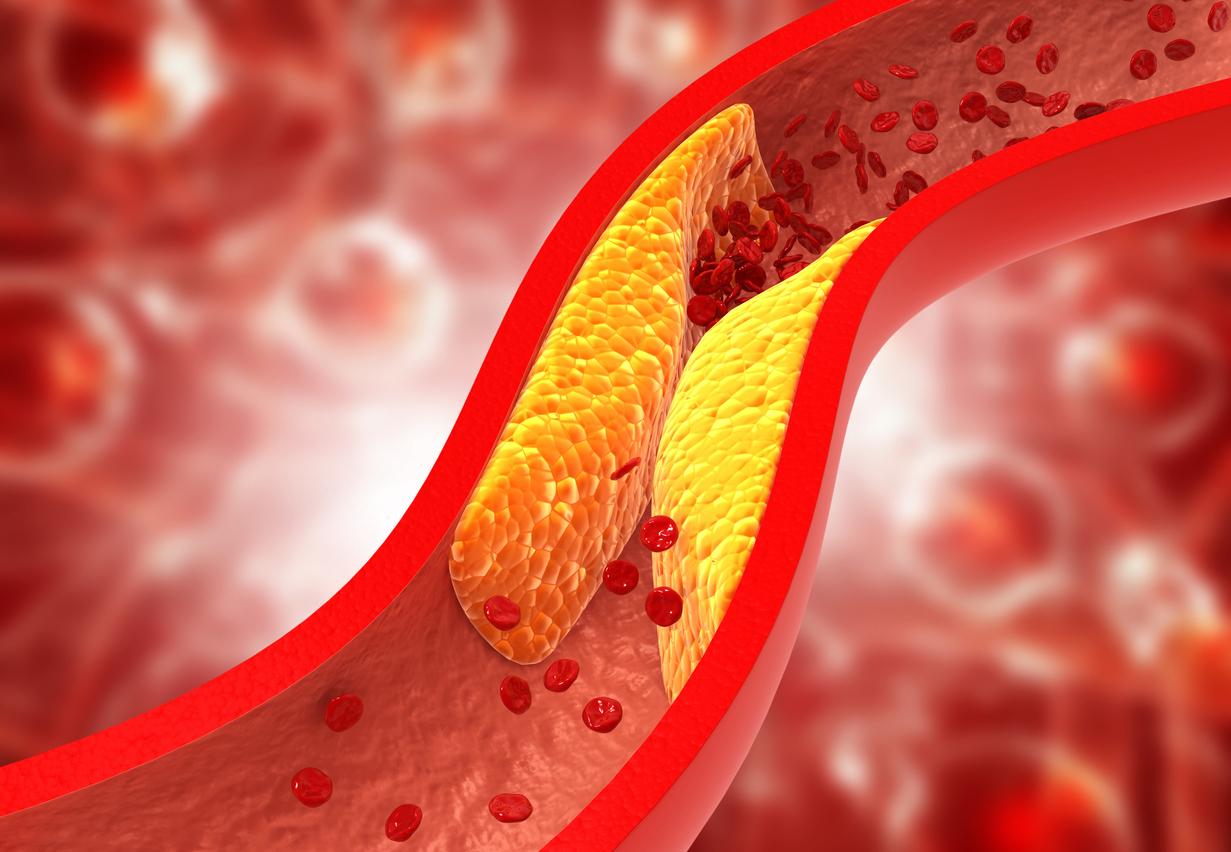A recent study observed that the ketogenic diet would increase the level of “bad cholesterol” within the body, which would promote the appearance of cardiovascular pathologies.

- Low density cholesterol (LDL) is considered the “bad cholesterol”.
- The “bad cholesterol” promotes the risk of cardiovascular disease.
- According to a new study, the ketogenic diet would increase LDL levels.
There are two main types of blood cholesterol: high density (HDL) and low density (LDL). LDL cholesterol is considered “bad cholesterol”. The cause ? Too much of it can cause plaque and fatty deposits to form on the walls of the arteries, which impede blood flow to the heart and brain.
The keto diet increases LDL cholesterol levels
According to a new observational study presented on March 5, 2023 during the annual meeting of the American College of Cardiology, the ketogenic or keto diet would increase the levels of “bad cholesterol” in the blood, and would therefore promote the risk of cardiovascular disease (stroke, heart attack, etc.).
In this research, the scientists used data from the UK Biobank. The participants were divided into two groups: 305 volunteers on a ketogenic diet, and 1,220 people on a conventional diet. Study follow-up lasted for more than 11 years.
Ketogenic diet: 2 times more risk of developing a cardiovascular disorder
According to the results, subjects who followed a keto diet showed higher levels of LDL compared to volunteers who followed a standard diet. Researchers also found that people following a ketogenic diet had a twice as high risk of developing cardiovascular disease.
“On average, cholesterol levels tend to increase on this diet, but some people’s cholesterol levels may stay the same or decrease, depending on several underlying factors (…) One of our next steps will be trying to identify specific characteristics or genetic markers that can predict how a person will respond to this type of diet”noted Dr. Iulia Iatan, lead author of the study and doctor of cardiovascular prevention and cardiovascular and metabolic health, at the University of British Columbia (Canada).


















